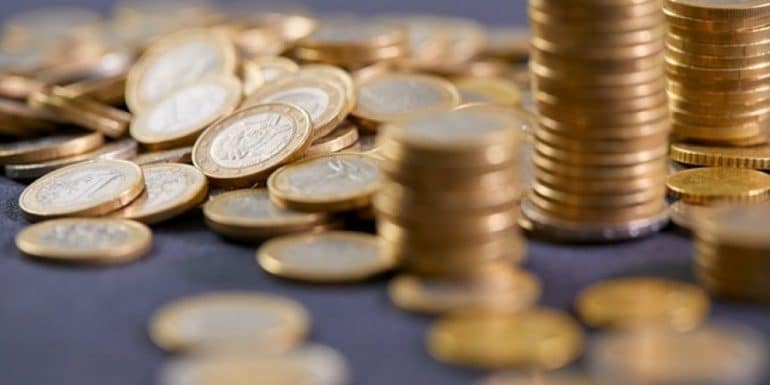International shares fell on Wednesday and the euro fell below the dollar for the first time in nearly two decades, after the release of US inflation data in June convinced investors that more increases in borrowing costs were on the way.
Stock prices on Wall Street fell after a sharp rise in US inflation to 9,1% in June raised the risk of a possible recession. The S&P 500 fell 0,5%.
European stocks also closed lower, while the euro fell below its symbolic parity with the dollar for the first time since December 2002, touching as low as $0,998, as the prospect of higher interest rates made the greenback more attractive to investors. But it soon came back above par.
The economic outlook for the 19-nation Eurozone worsens as a potential disruption to Russian gas supplies raises the risk of a recession.
US inflation hit a 40-year high in June on an annualized basis, much worse than expected, according to data from the US Labor Department.
Beyond the hit to consumption from high prices, analysts worry the data will lead the Federal Reserve to adopt even tougher measures to tighten monetary policy, such as a 1% interest rate hike at its July 27 meeting .
On Wednesday, the Bank of Canada made that move, raising its lending rate to 2.5%.
Consumer prices are rising globally as economies reopen after pandemic lockdowns and as the war in Ukraine keeps energy prices high.
Against this backdrop, the Central Banks of New Zealand and South Korea raised interest rates by 0,5% on Wednesday. It was the steepest increase for Seoul since 1999.
Meanwhile, Russian energy giant Gazprom said it could not guarantee the smooth operation of the Nord Stream gas pipeline, and that it did not know if a "critical" turbine would be returned from repair in Canada.
Gazprom began 1-day maintenance on the Nord Stream XNUMX pipeline on Monday, with the EU, and especially gas-dependent Germany, nervously waiting to see if supplies will resume.
"A prolonged cut in natural gas supplies would shut down a large part of economic activity, sending (Germany) into a deep recession," National Australia Bank's Tapas Strickland said, adding that July 21, when the flow should restart of gas, is a critical date.
Source: KYPE
